

- All, History, Rally
The History of the Ford Rally Team
- By The Mad Ginger Scotsman
Ford has a long and interesting history in rally racing. In the 1960s, the company began manufacturing a line of rally-specific models, like the Ford Escort RS1600, and this is when the Ford Rally Team became involved in the sport of rallying for the first time. Based on the standard Ford Escort, the Escort RS1600 was a two-door saloon with a 1.6-liter twin-cam engine, which made it a powerful and dependable rally car.
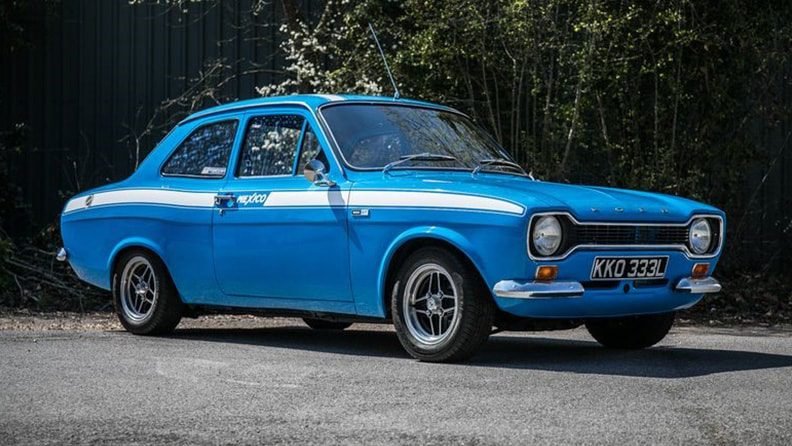

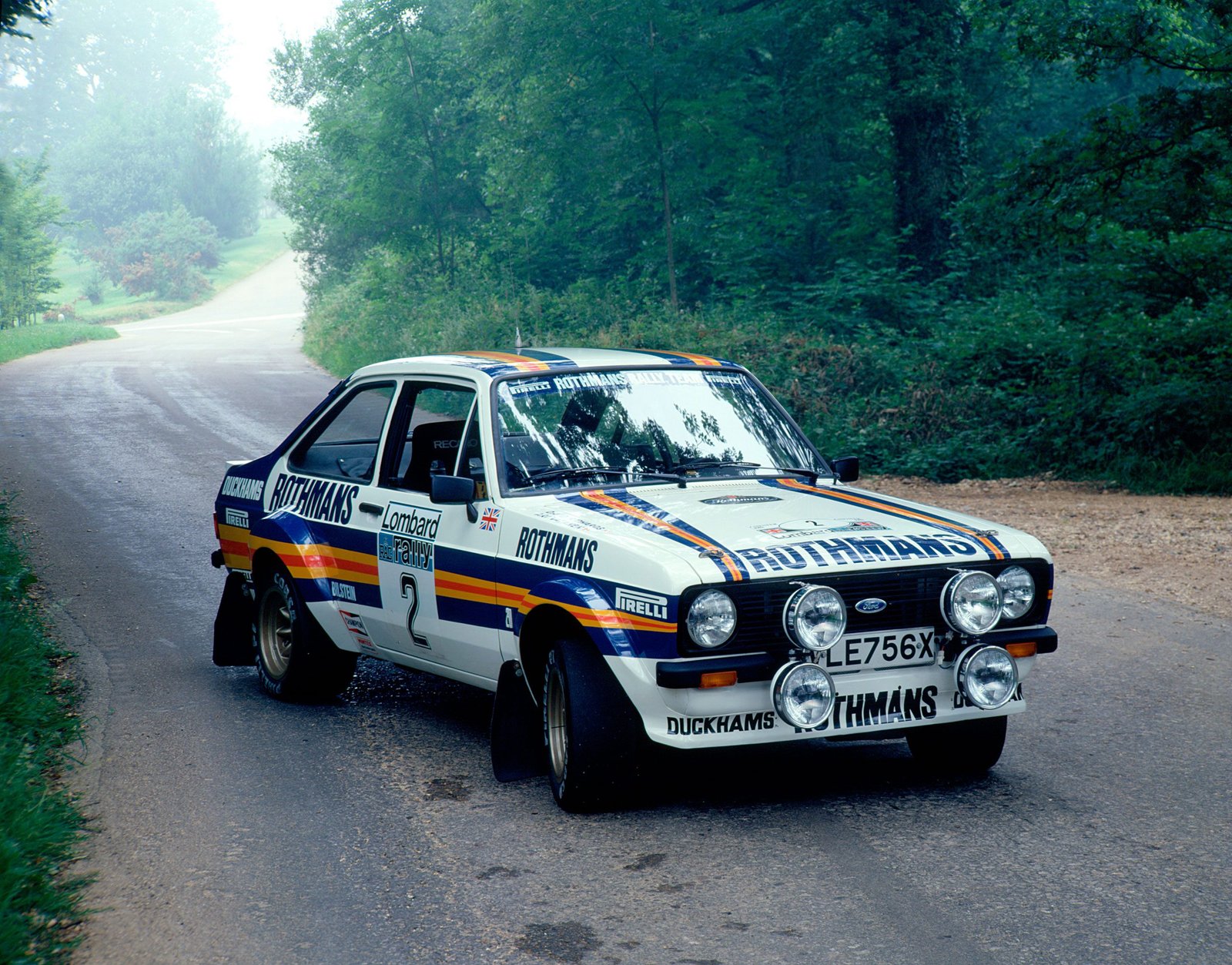
Escort RS1600 Upgraded for Rally
The Escort RS1600 was also upgraded with better stopping power, transmission, and suspension, making it a formidable force on the rally circuits.
The Ford Works Rally Team, Ford’s rally team, had a lot of success in the World Rally Championship (WRC) and other international competitions between the 1970s and 1980s. During this time, Ford drivers like Bjorn Waldegard, Ari Vatanen, and Malcolm Wilson all won races.
In those days, Ford’s rally team relied on the Escort RS1600 and its successors, such as the Escort RS1800 and RS200. Ford also used the Capri, Cortina, and Sierra RS Cosworth at various stages of rally competitions, The Ford Capri was a surprise rally vehicle that participated in numerous national and international competitions.
Group A – Sierra RS Cosworth – Ends the Era
The Ford Cortina was also a rally car that competed in numerous national competitions and earned podium finishes. The final automobile of this era was the Sierra RS Cosworth. Designed for Group A regulations, it excelled in WRC and national competitions.

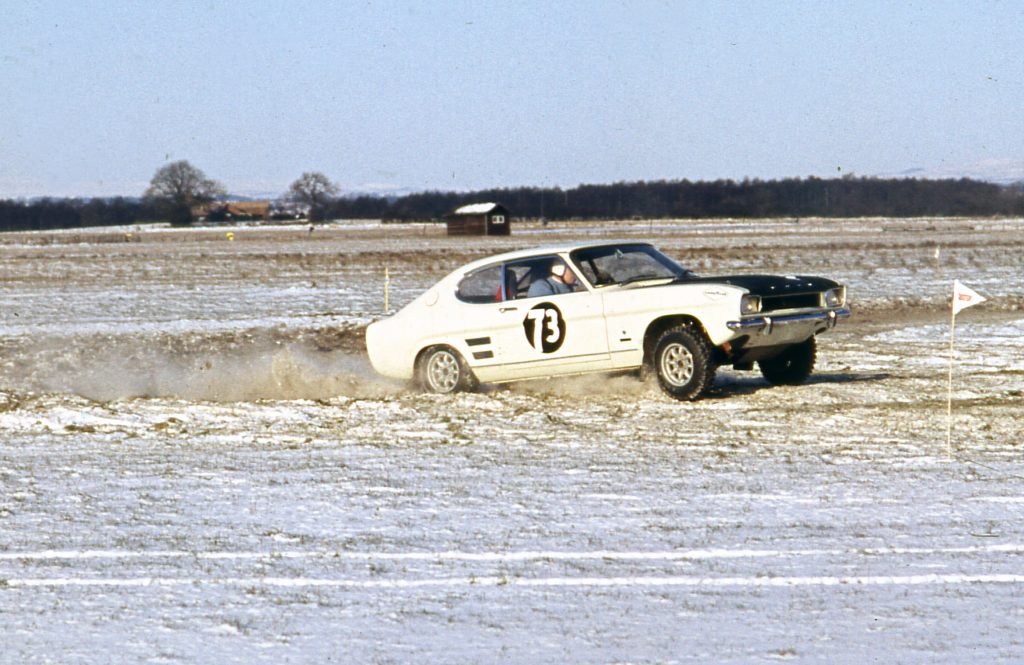
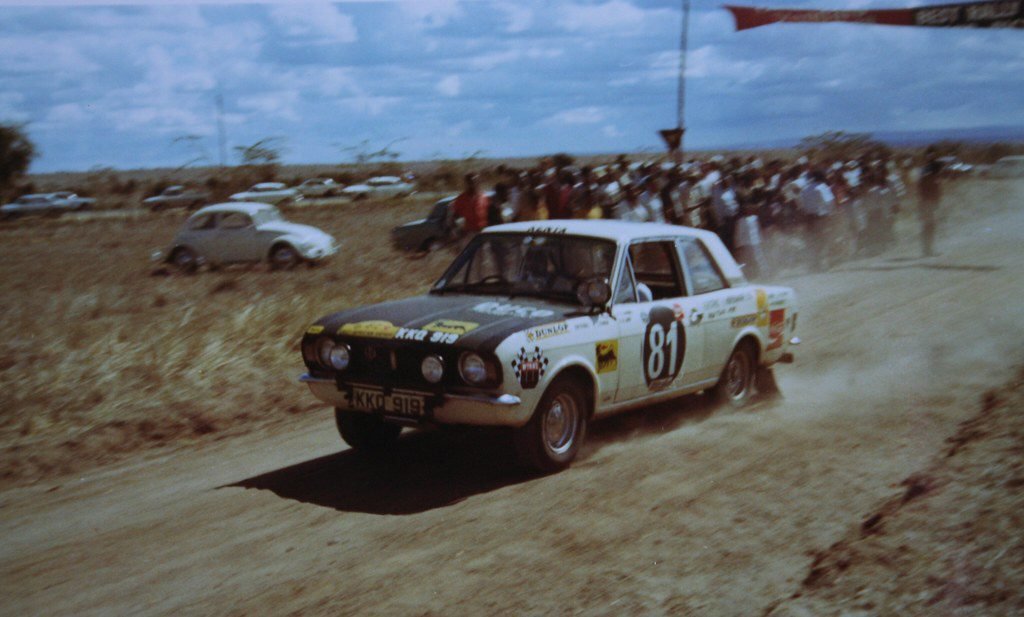
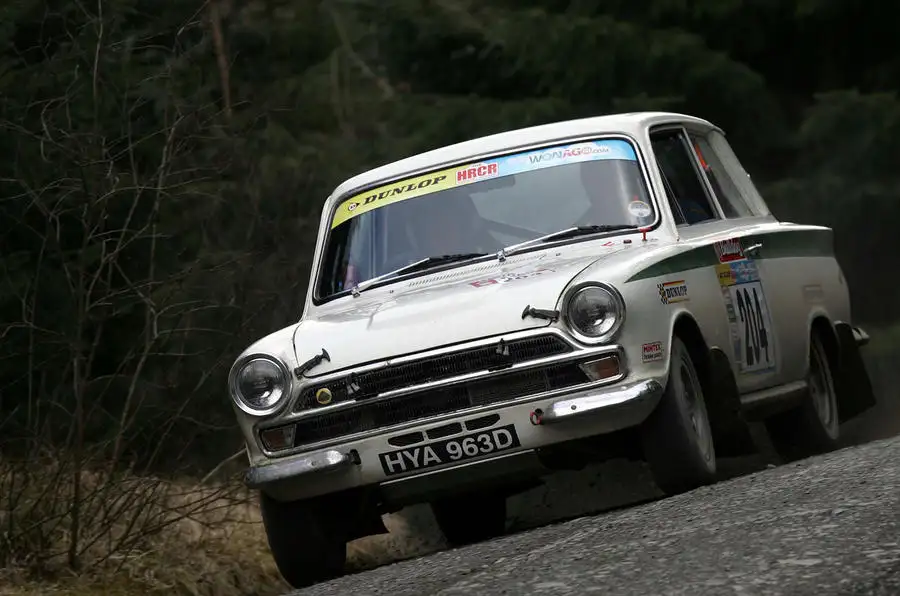
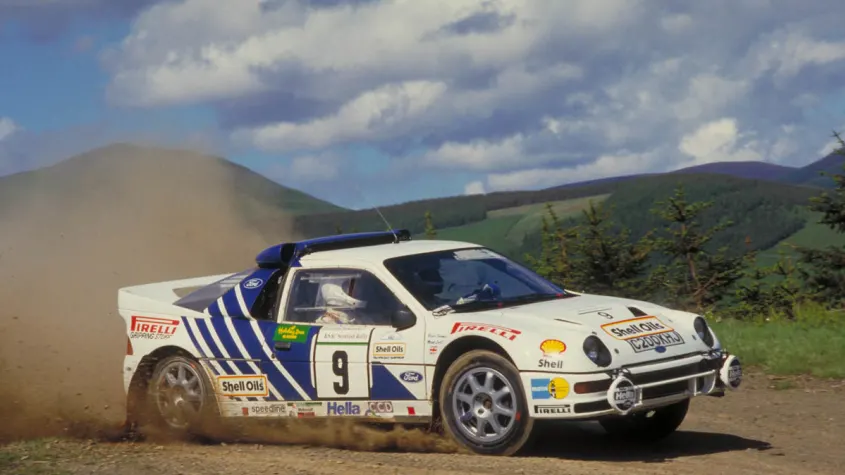

Ford shifted its focus to other forms of motorsport, such as touring car racing, in the 1990s, when it stopped participating in the WRC with support from the company. However, the company continued to supply privateer teams with rally cars, such as the Ford Focus. The Ford Focus RS WRC was made for the WRC. Privateer teams and Ford dealer teams raced it, and over the course of its use, it won several races and placed on the podium.
New Kids on the Block
With drivers like Jari-Matti Latvala and Mikko Hirvonen, Ford returned to the WRC as a factory team in the 2010s with the Ford World Rally Team and the Ford Fiesta RS WRC. Over the course of the years, the team won several races. The Ford Fiesta RS WRC was designed specifically for the WRC and was based on the regular Ford Fiesta. It had four-wheel drive, a 1.6-liter turbocharged engine, advanced suspension, and good aerodynamics, and was one of the most competitive cars in the WRC during its years of competition.
Rally Development Leads to Outstanding Production Models



Looking for tuning in Scotland for your Ford? Then check out Sitech Racing and Laird Performance.
Ford’s support of privateer teams and the creation of production vehicles like the Ford Focus RS and the Ford Fiesta ST which are inspired by rally racing. Ford has maintained its involvement in rally racing over the past few years with the Ford Fiesta R5. Ford continues to compete in other rally competitions worldwide, including the American Rally Association (ARA) and the National Rally Championship.

The Ford Fiesta R5 is our most successful global rally car and the 250th is now ready for collection! – https://www.facebook.com/MSportLtd/posts/1702396846470027
This is despite the fact that Ford has ceased factory participation in the WRC. The Ford Fiesta R5, a customer rally car that complies with R5 regulations and is based on the production Ford Fiesta, is designed for privateer teams and customers to compete in international, national and regional rallies, winning numerous national and regional rally championships worldwide, making it one of the most successful rally cars in recent years.
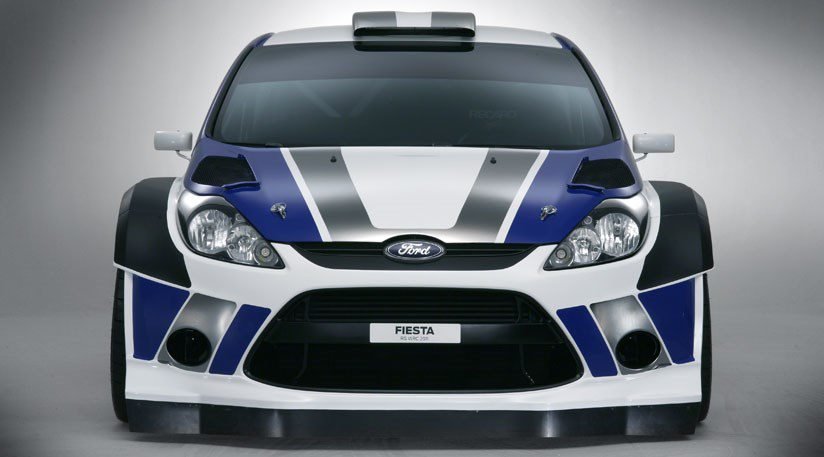
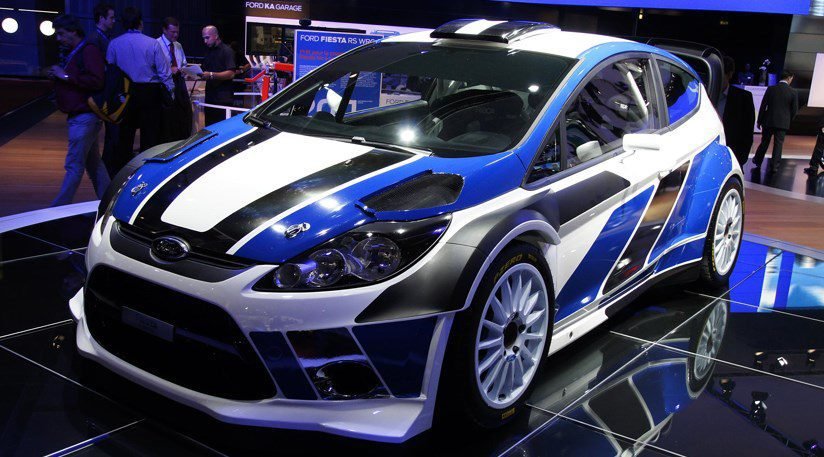
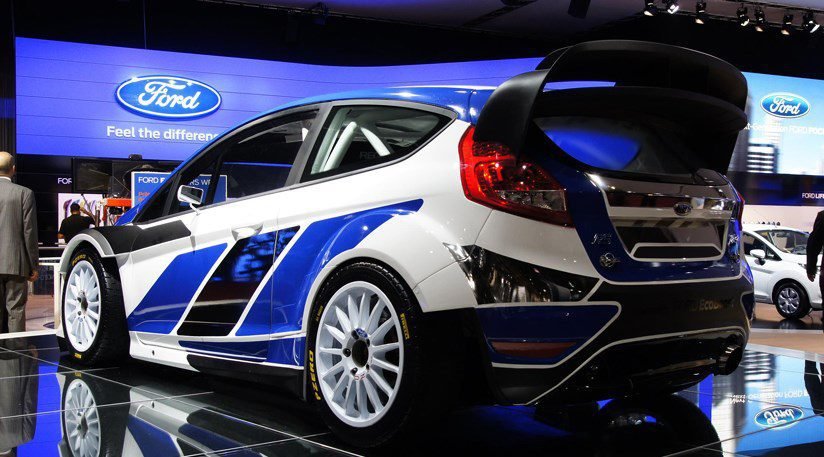
Ford Fiesta RS WRC is a stunning example of design and capability
Conclusion
The Escort RS1600, Sierra RS Cosworth, Ford Fiesta RS WRC and R5 are just a few of the rally-specific Ford models, that have proven to be competitive and successful, helping to establish Ford as a major player in the world of rally racing. Overall, Ford has had a long and successful history in rally racing.
Over the years, Ford rally cars have been known for their adaptability to a variety of terrain and conditions. Ford automobiles have always been capable of performing at a high level, whether it was on the fast and flowing gravel roads of regional rallies or the tight and twisty stages of the WRC.
The endurance and dependability of Ford’s rally cars is another important feature. Because many of Ford’s rally cars are based on production models, the company has been able to take advantage of the cars’ proven engineering and technology. Ford’s rally cars have been able to be both powerful and dependable as a result, which is crucial for success in the tough and demanding world of rally racing.
The Ford rally team has also played a significant role in the company’s success, as well as the vehicles themselves. Due to their skill, experience, and teamwork, the Ford Works Rally Team and its drivers have won numerous races and placed on the podium over the years. Privateer teams and drivers who have been successful in a variety of international, national and regional rallies continue to receive support from Ford even today.
Ford’s involvement in rally racing demonstrates the company’s dedication to the sport and its capacity to produce rally vehicles that are potent, dependable, and adaptable rally cars, the Escort RS1600 of the 1970s to the Fiesta R5 of today, rally cars have been able to compete at the highest level and have helped establish Ford as a major player in rally racing.
Related Posts


James Deane: The Life of a Drift Champion
Join Our Waiting List
We are set to launch a vehicle giveaway in the next few months. If you think this is definitely something youd be interested in Join the Waiting List...
